that I actually conceived of the idea for this post last week but was only able to force myself to write it today by promising myself a variety of self-care rewards like naps and whiskey.


that I actually conceived of the idea for this post last week but was only able to force myself to write it today by promising myself a variety of self-care rewards like naps and whiskey.
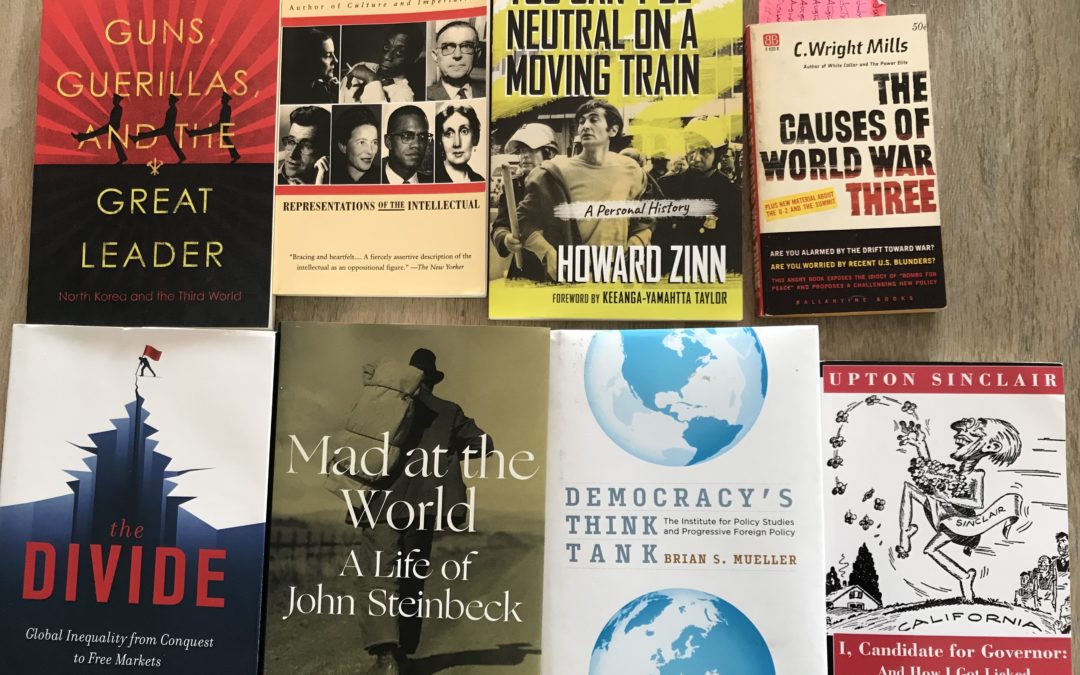
I read a lot of crap this year, but the good stuff was really good. The Causes of World War Three, by C. Wright Mills This book is from 1961, just after Mills's famous "Letter to the New Left" and...
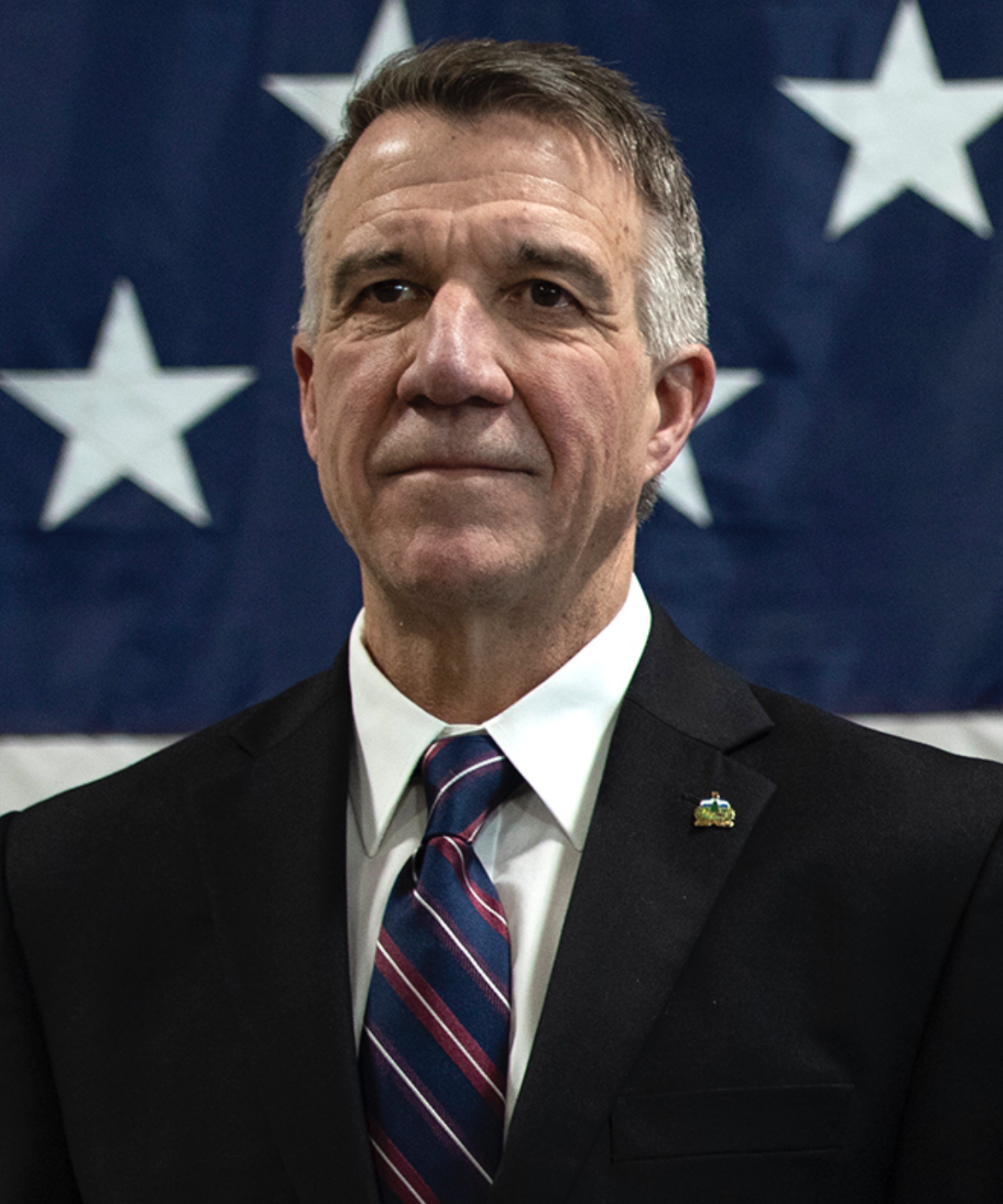
Joe Biden's "Summit for Democracy" was held last week. This summit meant to bring together the world's democracies, strengthening them and pro-democratic global norms. The hope is that this would...

The Biden administration just issued the government’s first ever anti-corruption strategy. The upshot: It’s needed. It’s analytically informed. It raises the prioritization of...

The practice of maintaining a long-term, peacetime military presence in another state (or “sovereign basing”) only developed in the last century. Before World War II, a foreign military presence usually meant one of three things: occupation, colonization, or a wartime alliance. This changed radically in the years after 1945.
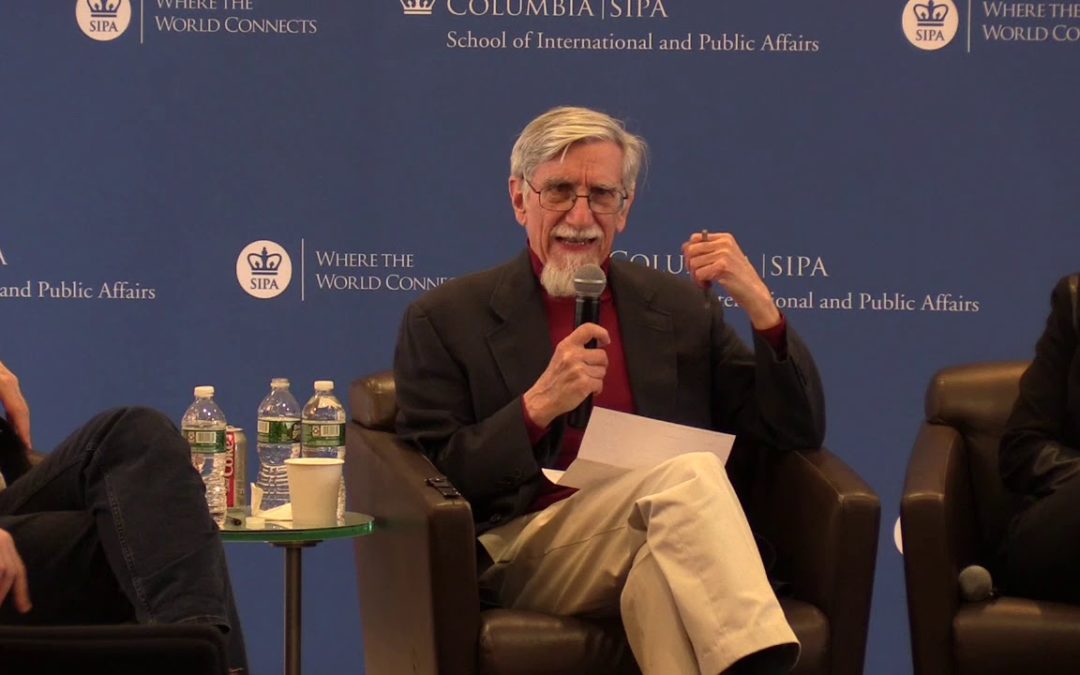
As many of our readers have likely already heard, Robert Jervis died yesterday. The field has lost a gentle intellectual giant. Unlike many of my friends from Columbia, Bob wasn't on my dissertation committee; I only took one course from him. But I'll remember him as both brilliant and very generous. Indeed, back in November I received an email from a student in my "International Order" class. He was very excited because the Robert Jervis had agreed to a 45-minute interview over Zoom. The student had no idea, of course, that Bob was sick – and yet still took the time to speak to a college...
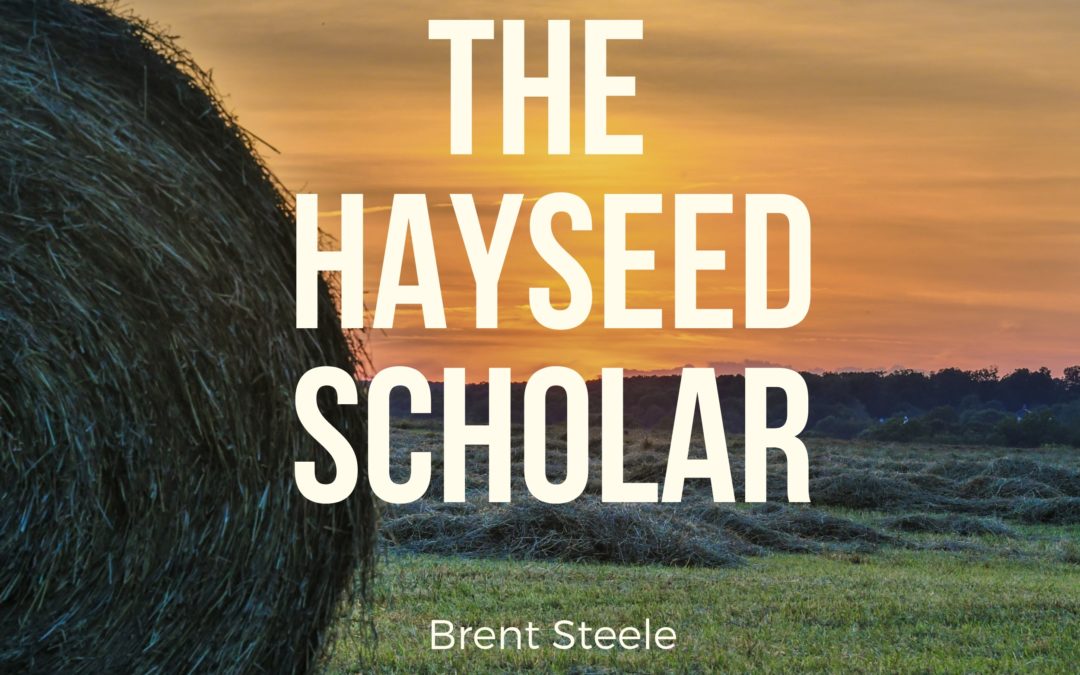
Professor Tarak Barkawi joins Brent this week. He discusses growing up in Orange County in the 1970s and 1980s, in a very politically aware family, and his varied interests in military history but also LA’s punk rock scene, having a school that doubled as a fallout shelter and his first encounters with eye-opening racial violence. He talks about his decision to go to George Washington University, getting his master’s at the LSE, his brief overlap with John Vincent before the latter died, the influence of Bud Duvall at Minnesota, his work with Mark Laffey, going on the market, getting jobs at...
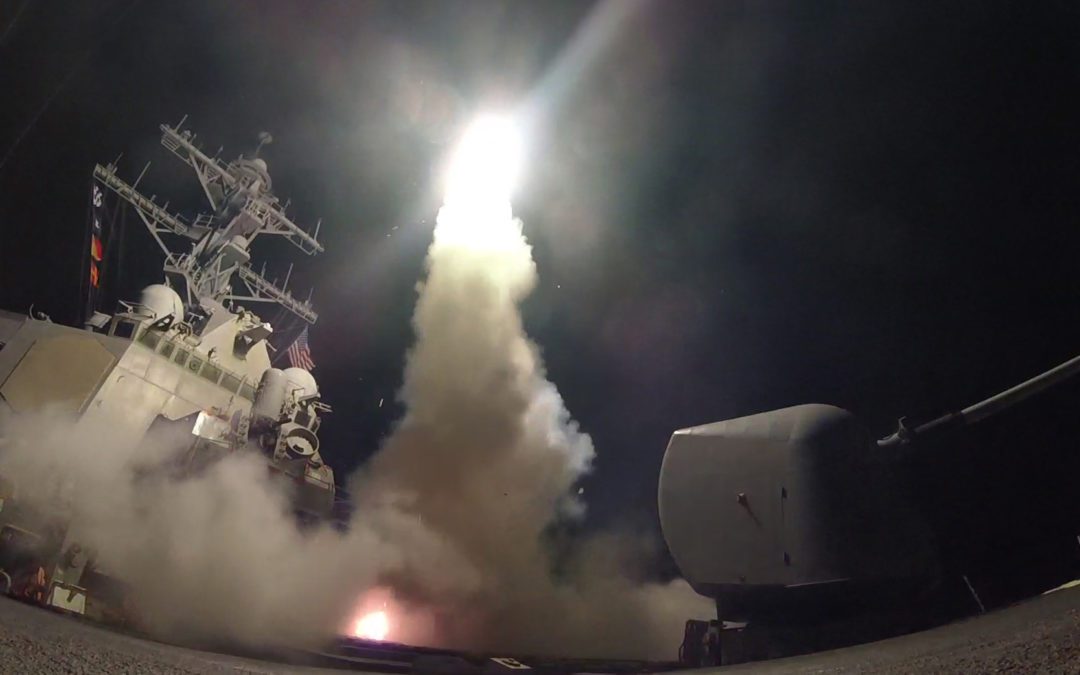
Canadian scholar and politician Michael Ignatieff had a piece in Persuasion recently on the "collapse of liberal internationalism." For Ignatieff to admit this (as one of the strongest proponents of this foreign policy orientation) says a lot. However, he inadvertently gives too much of the argument away. Liberal internationalism is more than military interventions, something both its critics and proponents seem to have forgotten. The fall of liberal internationalism Liberal internationalism is the claim that state interests are best served by engaging with the world to advance liberal...